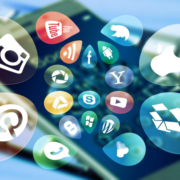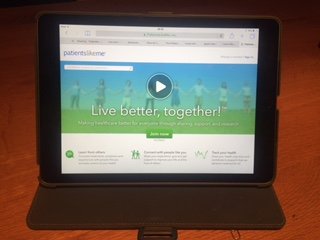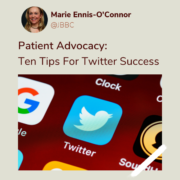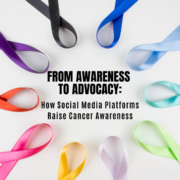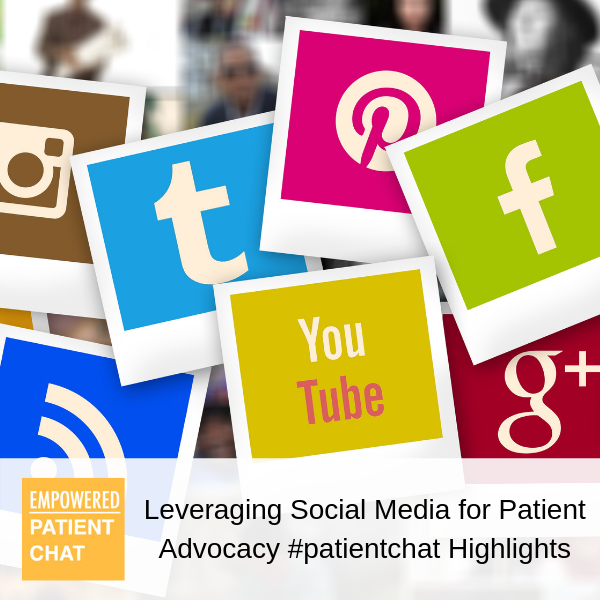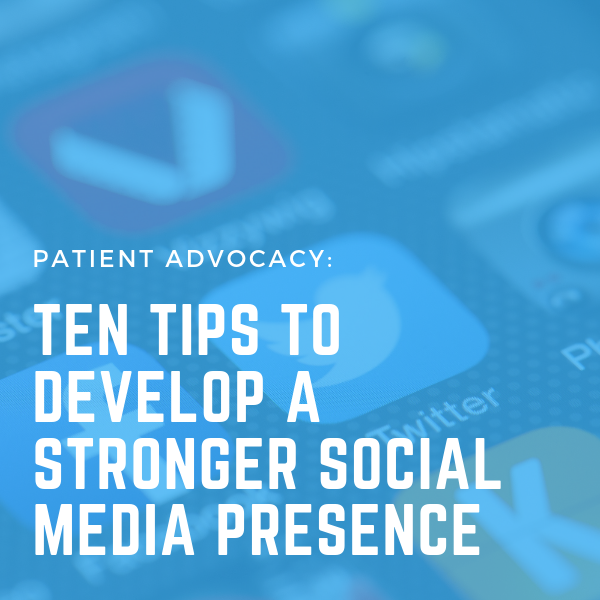Health Care and Social Media: Importance of Facing Their Challenges
Social media has greatly influenced many aspects of our society, particularly healthcare. Through social networking sites, blogs, forums, and similar platforms, it has become easier for people to find health information and get the care they need.
But the use of social media in healthcare is not without challenges. Concerns over breaches of patient privacy, the abundance of unreliable health resources, violation of personal–professional boundaries, and many others have surfaced over the past years, which makes both the public and health professionals question the impact of social media on health care.
The Role of Social Media in Health Care
Social media is one of the most popular channels used by healthcare providers (HCPs) to communicate with their patients and promote health. In fact, 99% of hospitals in the U.S. have an active Facebook page. The use of other social networking platforms like Twitter and Instagram in healthcare is also on the rise.
Health education.
Perhaps the biggest benefit of social media in healthcare is information dissemination. It allows health institutions and organizations to share discoveries, research, health tips and recommendations, and relevant news to the people.
Patient care.
Another benefit of social media in healthcare is it helps providers build positive relationships with patients. Gone are the days when people will have to wait in line for hours to have a consultation with their doctors. Today, they can send queries or book an appointment online and get updates from their HCP. This, in turn, strengthens the trust between them and improve the patient experience.
Healthcare promotion.
83% of internet users or 93 million Americans have searched for health-related information online, ranging from mental health, disease management, immunizations, etc. Moreover, 60% of social media users trust the information shared by doctors and other health professionals. Because of this, care providers now utilize social media to promote their services.
Challenges
The online world is an open space. Everyone can upload information without verifying it, view someone else’s data, and in worst cases – steal someone else’s data. Managing social media can also be burdensome for healthcare providers who – as we know it – are some of the busiest professionals there are.
Patient data privacy.
HCPs take extreme caution in sharing information online, afraid that it patient’s privacy. To avoid this, all healthcare providers should adhere to the HIPAA Compliance which is a set of regulatory rules concerning the privacy, security, and integrity of confidential health information.
Social media management.
Healthcare professionals use social media to promote their services and provide better care to their patients. But managing social media is not easy. To reap its benefits, healthcare providers should keep their followers engaged, provide useful information, and respond to the queries of patients. All these take time, strategy, and commitment. For these reasons, many healthcare providers make use of all-in-one marketing platforms like Adrack that can automate social media campaigns, saving them time and resources.
Poor-quality information.
Information on social media circulates easily. While social media is a great channel for promoting health education, a lot of health information shared on various sites lack quality and credibility. Medical information may also be unreferenced or incomplete. It can also be changed by anyone.
Healthcare providers need to remind their patients that not all health information they see on social media is true. They should also guide them to peer-reviewed websites where all information is subject to quality control.
Concerns over professionalism.
A major risk in the use of social media in healthcare is the possibility of posting content that can damage the reputation of providers, students, and the healthcare institution as a whole. Physicians are very concerned that people might lose respect for them if they share inaccurate information or judge them if they share their personal opinion over certain topics. Many healthcare providers also fear that people might perceive them negatively through photos, comments, likes, and other social media activities. Ensuring that they are providing only relevant and appropriate information is the best way to avoid such issues and controversies.
Patient–HCP boundary.
Boundary violations can occur without the physician and the patient even knowing it. A lot of times, it’s the patients who initiate online communication by sending ‘friend requests’ to their physicians. Unknowingly, this violates boundary policies between healthcare professionals and patients. Rather than communicating on social media channels, HCPs should consider setting up a website to be used for sharing posts regarding medical events or services. This way, patients can follow updates in a more professional manner. Also, HCPs should refrain from using investigating the personal behaviors of their patients in making a clinical judgment, such as knowing whether or not they have quit smoking or are observing a healthy diet.
When used responsibly, social media can be a powerful tool to promote health education, build positive HCP-patient relationships, and improve healthcare quality.
Mike Austin is a marketing and creative content specialist at Adrack.com and has been working in the digital marketing industry since 2009. As a conversion-driven marketer, he is passionate about helping businesses expand their online visibility and reach their goals.

